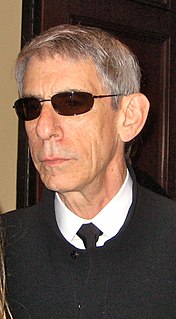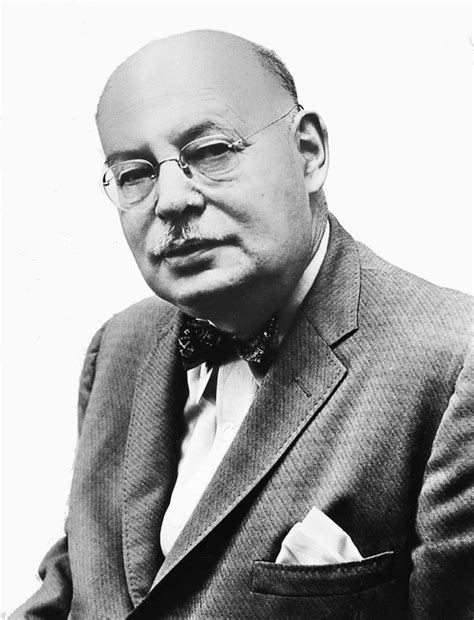A Quote by David Shuster
Prosecutors tend to love conspiracy charges because the rules of evidence are easier, meaning you can get more in to help prove a crime.
Related Quotes
Prosecutors necessarily weigh a number of factors before bringing charges. There are obvious considerations, like the strength of the evidence, especially regarding intent. Responsible decisions also consider the context of a person's actions and how similar situations have been handled in the past.
Convictions following the admission into evidence of confessions which are involuntary, i.e., the product of coercion, either physical or psychological, cannot stand. This is so not because such confessions are unlikely to be true but because the methods used to extract them offend an underlying principle in the enforcement of our criminal law: that ours is an accusatorial, and not an inquisitorial, system - a system in which the State must establish guilt by evidence independently and freely secured, and may not, by coercion, prove its charges against an accused out of his own mouth.
Love is when you have the opportunity of turning someone's feelings or trust or vulnerability against them, but you don't. You make promises you don't want to keep, but you keep them because they're right; you help people who can't help you back. [...] Love is when you find something so great, sonecessary, that it becomes more important to you than your own goals, than your own life - not because your life has no meaning without it, but because it gives your life a meaning it never had before.
The main thing that I learned about conspiracy theory, is that conspiracy theorists believe in a conspiracy because that is more comforting. The truth of the world is that it is actually chaotic. The truth is that it is not The Iluminati, or The Jewish Banking Conspiracy, or the Gray Alien Theory. The truth is far more frightening - Nobody is in control. The world is rudderless.
It may be true that encryption makes certain investigations of crime more difficult. It can close down certain investigative techniques or make it harder to get access to certain kinds of electronic evidence. But it also prevents crime by making our computers, our infrastructure, our medical records, our financial records, more robust against criminals. It prevents crime.
































